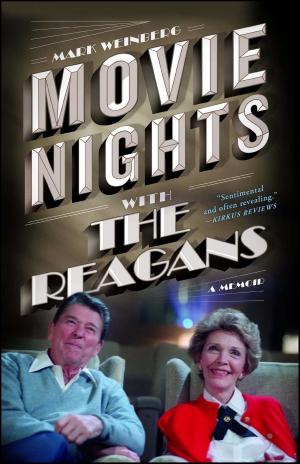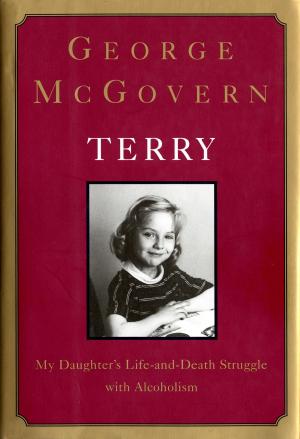| Author: | Karen Kataline | ISBN: | 9780985967918 |
| Publisher: | K. M. Ette Publishing, Ltd. | Publication: | January 22, 2013 |
| Imprint: | Language: | English |
| Author: | Karen Kataline |
| ISBN: | 9780985967918 |
| Publisher: | K. M. Ette Publishing, Ltd. |
| Publication: | January 22, 2013 |
| Imprint: | |
| Language: | English |
Before she knew what a calorie was, Karen Kataline was allowed to have only five hundred of them. She was seven. Forced into the spotlight by her weight-obsessed mother, Kataline spent her childhood trapped in a world of pageants, performances, and perpetual hunger. In a subconscious attempt to cover herself, Kataline tells us her story of using food and weight-gain to shield herself from the eyes that roved her. Amid heated controversy about the obesity epidemic, food regulation, and children who are put on display in child beauty pageants, Kataline’s timely memoir Fatlash offers an unprecedented look at an adult survivor who finally came to an understanding about how her experiences affected her. While Fatlash reads like fiction, this true story exposes the truth about a little girl who was forced into a world she didn’t understand, where everyone dictated what she could and could not have. Now is the time to take action against this kind of food policing—and Kataline’s story does just that. Relevant to all readers, her timeless story will continue to serve as caution against what not to do for years to come.
Before she knew what a calorie was, Karen Kataline was allowed to have only five hundred of them. She was seven. Forced into the spotlight by her weight-obsessed mother, Kataline spent her childhood trapped in a world of pageants, performances, and perpetual hunger. In a subconscious attempt to cover herself, Kataline tells us her story of using food and weight-gain to shield herself from the eyes that roved her. Amid heated controversy about the obesity epidemic, food regulation, and children who are put on display in child beauty pageants, Kataline’s timely memoir Fatlash offers an unprecedented look at an adult survivor who finally came to an understanding about how her experiences affected her. While Fatlash reads like fiction, this true story exposes the truth about a little girl who was forced into a world she didn’t understand, where everyone dictated what she could and could not have. Now is the time to take action against this kind of food policing—and Kataline’s story does just that. Relevant to all readers, her timeless story will continue to serve as caution against what not to do for years to come.















